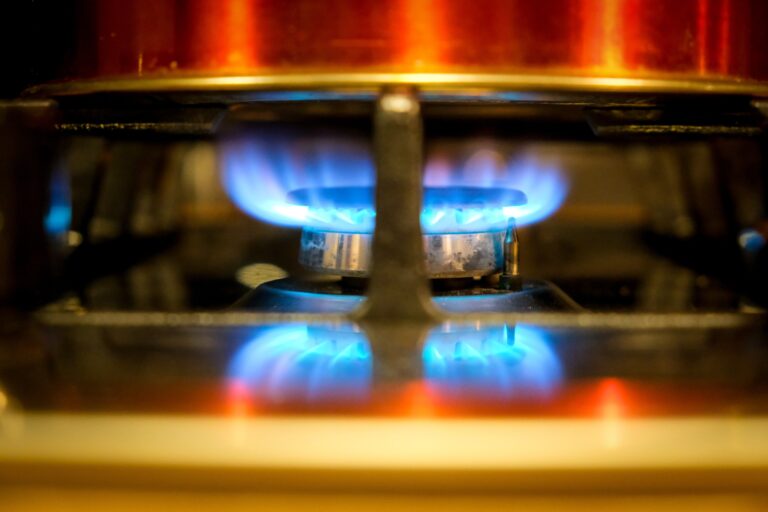Europe is facing a gas crisis, with countries across the continent reporting that they are running low on supplies. Some countries have been forced to implement emergency measures to deal with the shortage of natural gas.
What’s happening? And how long can we expect it to last?
Table of Contents
Overview of the current European gas crisis
European countries have been hit by a terrible energy crisis since the Russian invasion of Ukraine cut off their supply of Russian gas.
This event caused many European countries to lose access to their primary source of natural gas. And, forced them to switch over to alternative sources such as coal and nuclear power plants.
Russia can manipulate the market because they are so dependent on them for their own energy needs. While they also have a lot of control over the price that they sell their gas at due to their position as one of Europe’s main suppliers.
The effects of the European gas crisis
Consumers, businesses, and entire economies are suffering as a result of Russia’s invasion of Ukraine and sharp reductions in natural gas supplies to Europe. This is true not just for Europe, but also for other regions with developing economies.
Most regions have seen a decrease in natural gas consumption as a result of the crisis. A survey found that industrial gas demand fell by 15% year-on-year across OECD Europe between January and August as a result of production cuts.
The European gas crisis has affected the EU in different ways than other countries. For example, Germany is one of Russia’s biggest trading partners. And it has been hit hard by the effects of the crisis. In fact, Germany relies on Russian energy for 40% of its natural gas supply.
This means that the country is heavily dependent on Russian gas, and the crisis has hurt its economy. In addition, German consumers have been paying higher prices for gas since Russia cut off supplies.
How long is it going to last
The CEO of Shell has predicted that gas shortages will persist across Europe for the next three winters. This leads to the possibility of continuous energy shortages as administrations across the globe work to develop alternative supply.
While the energy minister in Belgium has predicted a challenging five to ten years ahead, French Prime Minister Elizabeth Borne has cautioned businesses that electricity may be rationed this winter.
Even though the government is trying to make sure there will be enough gas for the coming winter, the energy market in Europe in 2023 will be just as hard as it was in 2022. Energy prices will stay high, and the only thing that will bring them down is a drop in demand across the continent.
It is hard to see where economic growth will come from. Because of limited supply, prices can’t go down by much, and the main strategies for destroying demand will hurt the EU’s ability to compete in the long run.
Read also: Will the European energy crisis have effects worldwide?












